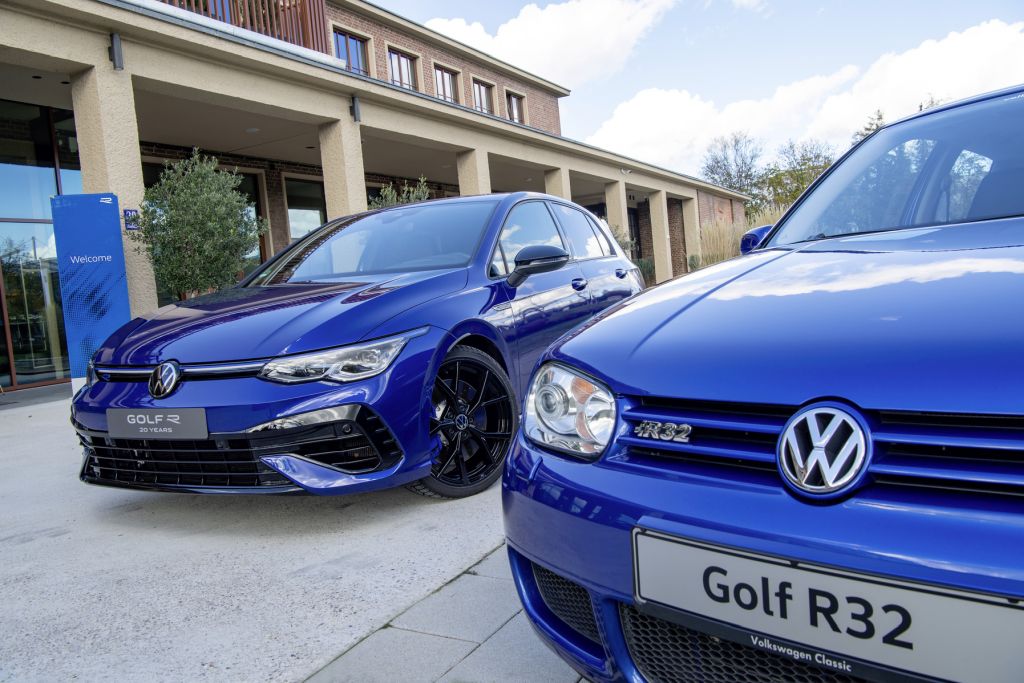VW boss sees a future for combustion-engined cars
By DPA | 06 January 2023
BERLIN: The European Union might be planning to ban sales of new petrol, diesel and hybrid cars in 2035, but Volkswagen still sees a promising future for internal combustion engines.
According to VW's new chief Oliver Blume, the aim is to leave the combustion engine in the market "because it is very popular in many regions of the world," reports German trade journal Automobilwoche.
At the same time, the intention is to "increase interest in and sales of fully electric models."
In contrast to his predecessor Herbert Diess, Blume has always been a fan of e-fuels. Diess was dismissed by the board by "mutual consent" last July.
The synthetic combustible e-fuels can be used as low-carbon replacements for petrol or diesel, allowing carmakers to continue manufacturing combustible engine vehicles.
Above all the millions of cars that have long been on the roads could benefit from using e-fuels. Making e-fuels is, however, very energy-intensive and critics say their production consumes about five times as much energy as using the electricity directly.
"Petrol engines can be operated with them (e-fuels) in an almost CO2-neutral way. So all vehicles can do their part to reduce CO2 - regardless of the type of drive," Blume also told the Auto Motor & Sport car mag.
Moreover, e-fuels "as a hydrogen derivative can be mixed excellently with fossil fuels". And every percent of admixture is a contribution to climate protection, said Blume.
Toyota announced last year that it would be investing US$383 million to create new four-cylinder powertrains. Split across four US-based factories, the money will fuel the development of future petrol and hybrid drive systems.
READ MORE: Toyota carries on funding combustion-engined cars
Tags
Autos Volkswagen
Reviews

First drive with the 2025 Hyundai Tuscon and Santa Fe: Seoul...

5.8
Kymco AK550 Premium: Smart easy rider

BYD Seal 6 Premium: Sweet deal, generous kit, sensible prici...

8.7
Mazda CX-80 2.5G PHEV AWD High Plus: Upmarket upgrade

Proton X50 Flagship: Tuned for success

6.6
Triumph Trident 660: Beautifully balanced package

8.4
Mercedes-AMG GLA 35 4Matic: Never a dull moment

Lamborghini Urus SE: Ultimate control
Videos

Free & Easy Media Test: Latest Proton X50 Flagship to Kuanta...

Zeekr Space Sunway City Video

Honda Civic Type R Ultimate Edition: Last 40 Units for Europ...
